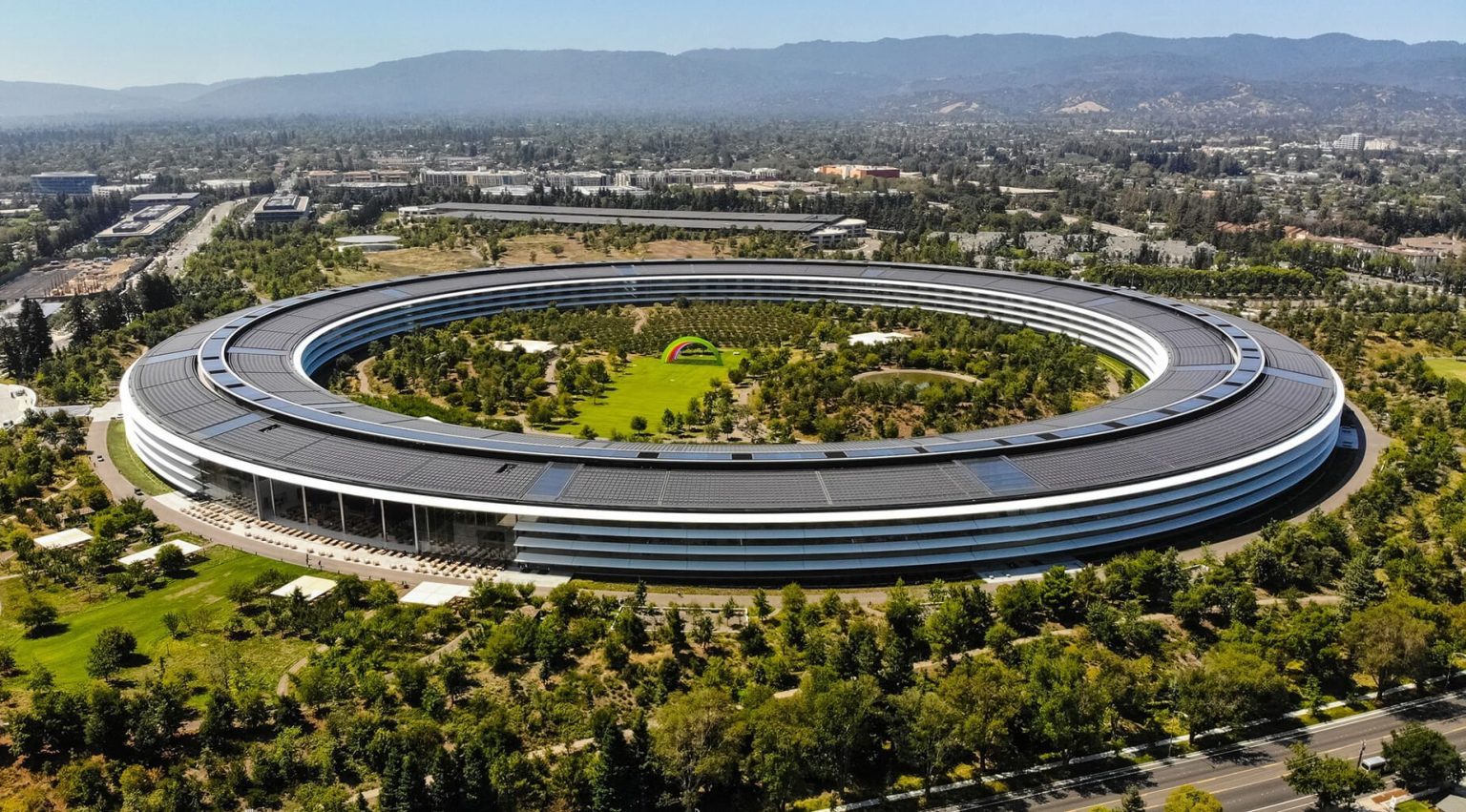Epic Games formally lodged a request with the Supreme Court of the United States (SCOTUS) to immediately force Apple to change one specific App Store policy, according to a new report by Reuters.
Both companies have been embroiled in a fierce legal battle over Apple’s monopolistic and anti-competitive practices pertaining to several App Store policies. Apple emerged mostly victorious so far, as several courts have sided with the Cupertino-based company against the appeal filed by the Fortnite maker earlier this year. However, the 9th U.S. Circuit Court of Appeals did side with Epic Games over one App Store policy, which Apple may be forced to change if its appeal to SCOTUS is rejected.
The policy in question is colloquially referred to as “anti-steering,” which prevents third-party App Store developers from including external links on their apps that would direct users to non-Apple payment portals, as the latter would like all apps-related payments to be exclusively processed through the App Store. The Circuit Court judged that Apple is indeed violating federal law with its anti-steering policy, requiring that the company allow developers to redirect users to external payment providers, thus bypassing the App Store’s commission which can reach up to 30% of the total transaction fee.

Discover new horizons, always connected with eSIM
Travel the world stress and hassle-free with the best eSIM service available. Enjoy unlimited data, 5G speeds, and global coverage for affordable prices with Holafly. And, enjoy an exclusive 5% discount.
Apple was given a temporary pause of 90 days to fix its anti-steering policies as the company was preparing to file its own SCOTUS appeal to keep its anti-steering practices intact with no changes. This latest court decision is the crux of Epic Games’ latest appeal with SCOTUS, with the game developer asking the Supreme Court to lift the temporary pause, thus forcing Apple to immediately comply with repealing its anti-steering policies. According to Reuters, Epic Games directly criticized the 9th Circuit Court, labeling the Court’s treatment of the case as “far too lenient” in Apple’s favor.
Apple vs Epic Games goes on
The lengthy lawsuit came forward after Apple banned Fortnite and later Epic Games itself from the App Store in the same year. Epic Games offered its third-party payment solution in Fortnite to avoid paying Apple’s 30% fee on in-app purchases, with the latter retaliating by removing Fortnite and deleting Epic Games’ developer account altogether from the App Store.
The original 2021 ruling affirmed that App Store policies “prevent consumers from getting cheaper prices.” However, the ruling rejected Epic’s notion that the App Store is monopolistic, and as such Apple does not violate federal antitrust law. Nevertheless, neither companies seem ready to accept the lower courts’ decisions, as the long-running feud is likely to continue for the foreseeable future.



